We sat down recently for a Q&A with Ulrik Christensen, MD, founder and CEO of Area9 Learning, the company whose technology powers NEJM Knowledge+ along with many state-of-the-art adaptive learning environments in undergraduate settings. In Part 1 of our series, we learn how the company transitioned from being a niche provider of medical simulation software — aimed at preventing medical errors — to becoming a global leader in adaptive learning technology.
What led you to start building adaptive learning engines?
 I am a physician by education. Back in the early 1990s, I was recruited to participate in a very large research project aimed at understanding why doctors make medical errors under pressure. This was uncharted territory at the time. The research led us into building both full-scale physical and computer-powered medical simulators. We were able to observe complex decision-making patterns because the simulators are capable of moving in many different directions and are not prescriptive; that is, you can do wrong things as a user, and the simulator won’t stop you. As part of our data collection, we began to realize that we were observing phenomena we had the power to fix. We started using the simulators for medical training aimed at preventing medical errors and observed that many of the human factors leading to medical errors are based in learning.
I am a physician by education. Back in the early 1990s, I was recruited to participate in a very large research project aimed at understanding why doctors make medical errors under pressure. This was uncharted territory at the time. The research led us into building both full-scale physical and computer-powered medical simulators. We were able to observe complex decision-making patterns because the simulators are capable of moving in many different directions and are not prescriptive; that is, you can do wrong things as a user, and the simulator won’t stop you. As part of our data collection, we began to realize that we were observing phenomena we had the power to fix. We started using the simulators for medical training aimed at preventing medical errors and observed that many of the human factors leading to medical errors are based in learning.
You can push anyone to a level of pressure where they make cognitive mistakes. We discovered that many of the decision-making mistakes that lead to medical errors are grounded in a lack of knowledge — basic knowledge such as dosages, conversion factors, and so forth. We observed through the simulators that a physician’s inability to recall trivial information would place them under excessive cognitive workload, leading to errors where, for example, they might fail to ask a colleague for assistance. While we could try to train physicians to become better at asking for help, we also became fascinated with the question of “Why are they under high cognitive workload at all?”
We started to look at how we might solve the problem from the other end — by improving learning and making it easier for physicians to recall basic medical knowledge so that they can keep more cognitive capacity available for addressing the really difficult problems. From there, we started doing research into various tutoring systems. By taking study tools rooted exclusively in repetition and adding even simple intelligence, we discovered that we could make them much more effective. Essentially, we found a way to solve a very fundamental problem that affects learning in every field, including complex ones such as medicine.
Be sure to read part 2 in our Q&A series in which we explore the features that make Area9’s technology both unique and state-of-the-art in adaptive learning software.




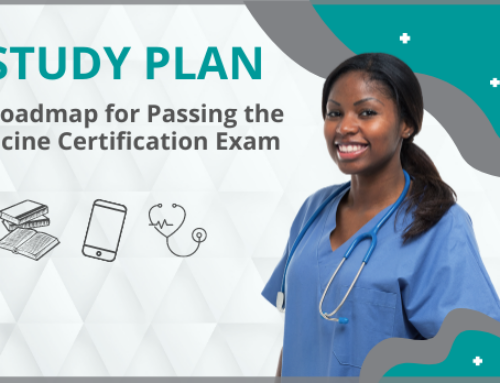
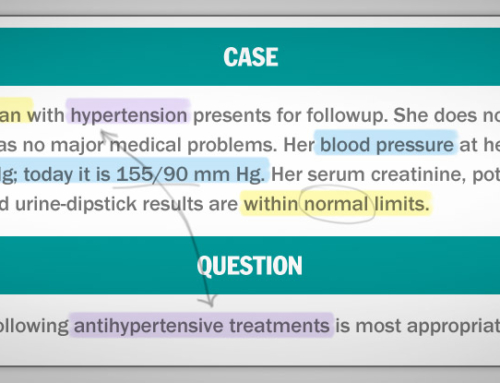
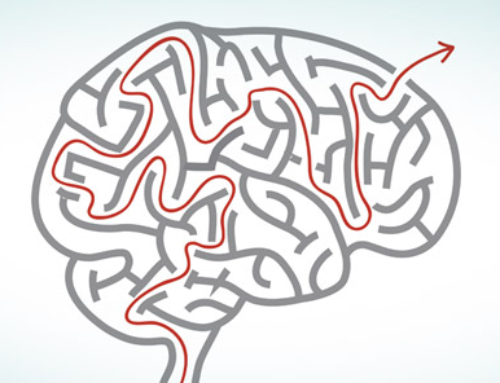
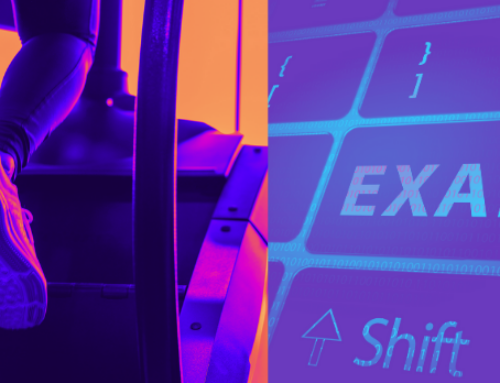
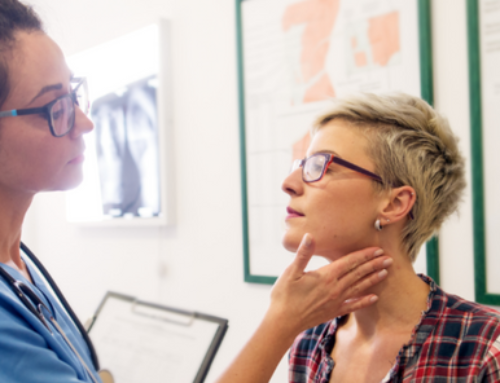
I am MRCP UK and AB certified 2000-2010. I’m 72. Do I need re: certification and usefulness of this learning process?
Dr. Shafi, thank you for your question. Our apologies, but we are not familiar with maintenance of certification processes in the UK and are not able to advise about that. For ABIM Maintenance of Certification Requirements in the US, we have a lot of detailed information on our site at https://knowledgeplus.nejm.org/products/abim-blueprint/. You can also visit the ABIM website for further details about the new ABIM MOC requirements.